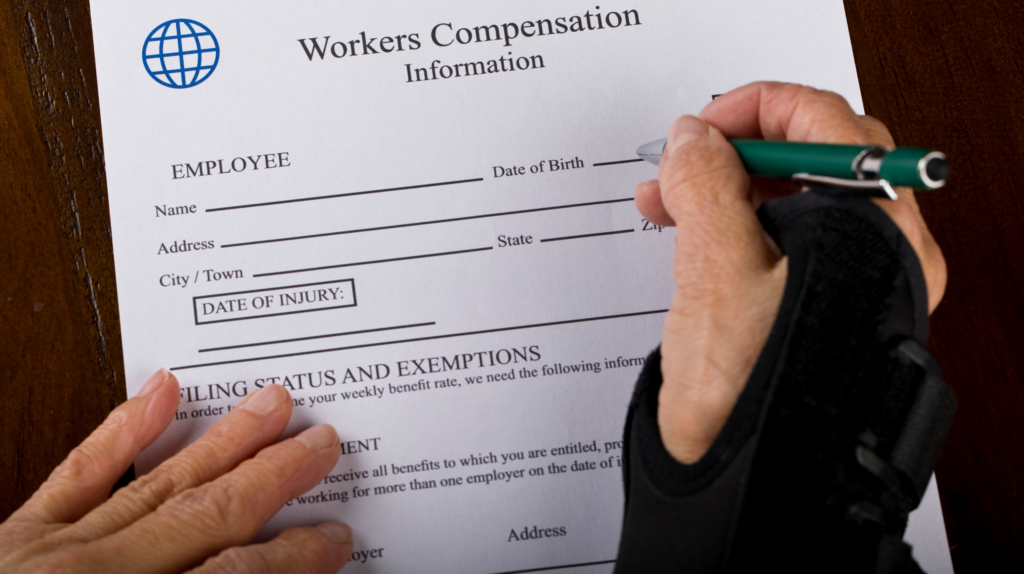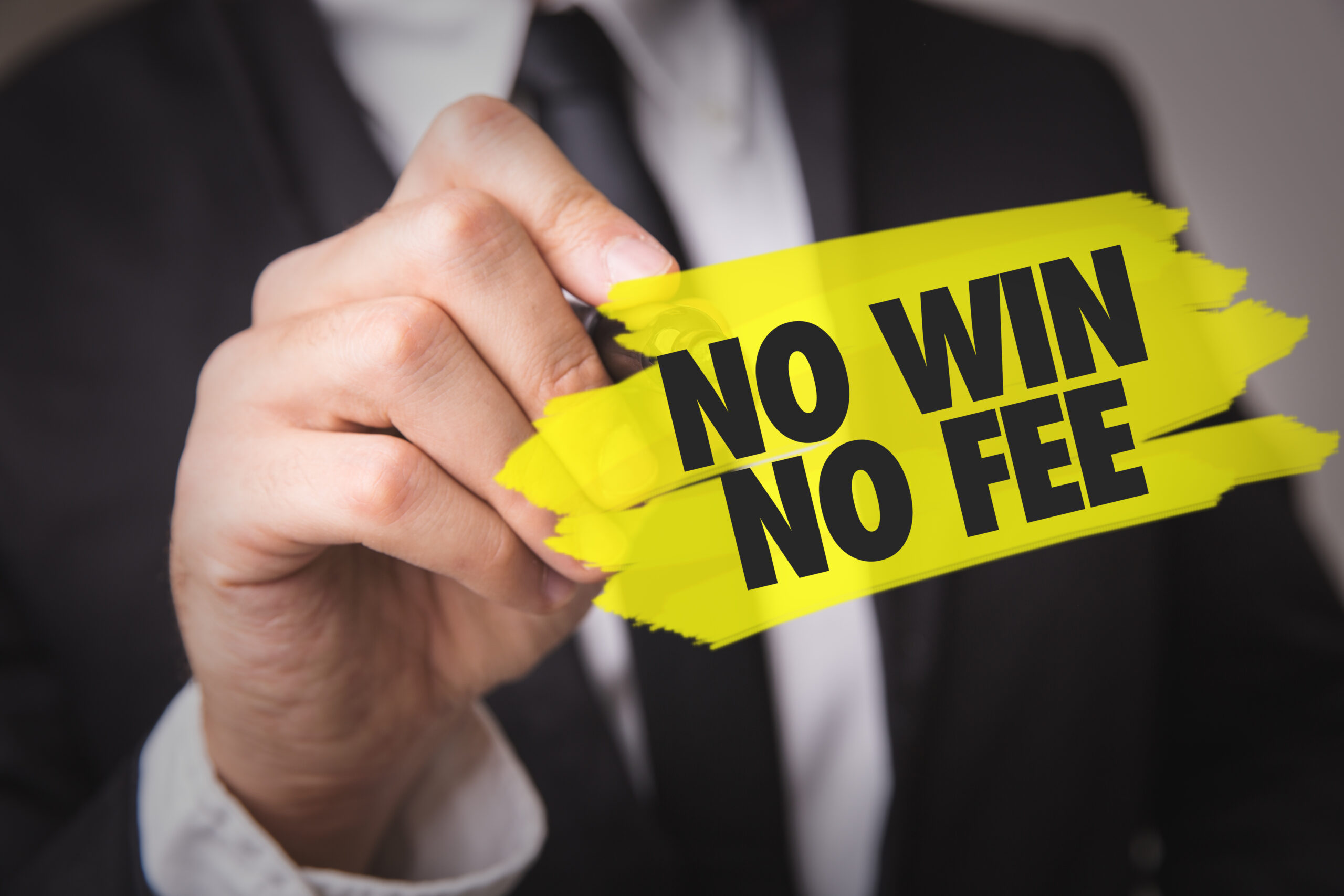After an on-the-job accident, it’s common to feel confused about your next move. In addition to healing from your injury, you may be struggling with the dual challenges of missing work and mounting medical bills. Depending on your position and your employer, you may qualify for assistance through your employer’s workers’ comp insurance.
Regardless of how safe an industry may seem, most businesses — from multinational corporations to mom and pop stores — require workers comp insurance. Companies that don’t have workers’ comp insurance may face steep fines, lawsuits, and criminal charges.
Knowing whether your employer is covered can help you seek the compensation you deserve. Be aware that requirements for workers’ comp vary from state to state, and they aren’t always clear-cut. Hiring an attorney with experience in winning workers’ comp cases can help you navigate the challenging ins-and-outs of workers’ comp insurance.
Does My Florida or Georgia Employer Have Coverage?
In Florida, any employer with four or more employees (whether full-time or part-time) must provide workers’ compensation coverage. Nearly all employees who are not independent contractors or self-employed must have Florida workers’ compensation. Employers who do not have workers’ compensation insurance face penalties from regulators.
Likewise, in Georgia, any business with three or more employers must have workers’ compensation insurance. This rule applies regardless of part-time, full-time, or seasonal status. However, Georgia makes exceptions for this rule, as well.
Exceptions and Special Cases
These rules are not exhaustive. There are additional regulations for industries like construction, farming, or government sector jobs. Any construction company with one or more employees (including the owner) is required to carry workers’ compensation insurance. And employers who operate a farm with more than five regular employees and/or 12 or more other workers (seasonal, temporary, etc.) are required to carry workers’ compensation insurance. Additionally, If you work for a state or local government entity, your employer is required to have workers’ compensation insurance.
Georgia also has special exemptions. Businesses that rely on farm laborers or domestic servants, government agencies, and railroad carriers do not need insurance to operate.
Workers’ Comp for Contractors/Self-Employed/Sole Proprietors
Workers’ Comp claims for contractors/self-employed/sole proprietors are handled differently than other employees. Independent contractors are not eligible for coverage from workers’ comp. Likewise, employers do not need to purchase coverage for independent contractors. These are general rules, and depending on your situation, there may be exceptions.
How to See If Your Employer in Florida or Georgia Has Workers’ Comp
You can search to see if your employer has workers’ compensation insurance by checking the Florida Chief Financial Officer’s database or this independent Georgia database for compensation coverage.
Your employer is also legally obligated to post information about their workers’ compensation insurer in a shared area. This shared area is usually near a time clock, breakroom, or other common areas.
If you discover that your employer does not have workers’ compensation insurance, you need to ask yourself – should I continue to work for them?
What If My Employer Does Not Have Workers’ Comp?
Without protection from workers’ compensation insurance, you may not be able to secure money to cover your medical expenses and lost income from an injury. While you would be able to file a personal injury lawsuit against your employer, that process can be lengthy.
If you need to alert the authorities about your employer for not having workers’ compensation insurance, you can do so by filing a report with the appropriate non-compliance office in Florida or Georgia.
Employers who go without obtaining workers’ comp insurance may face severe penalties. In addition to fines and monetary penalties, the business may be forced to halt operations until they get insurance and pay their fees.
Florida and Georgia Leaders in Workers’ Comp
After an accident, you may feel like your life is in shambles. In addition to recovering from physical injury, you may be experiencing psychological trauma and financial setbacks. In these moments, you don’t need the added stress of dealing with your employer and understanding the complicated inner workings of their insurance.
If you — or a loved one — have experienced an on-the-job injury, you owe it to yourself to hire an attorney that understands your struggle. An attorney with a proven track record can help fight to get the compensation you deserve. Contact Farah & Farah today to learn for a no-obligation, risk-free case review.














